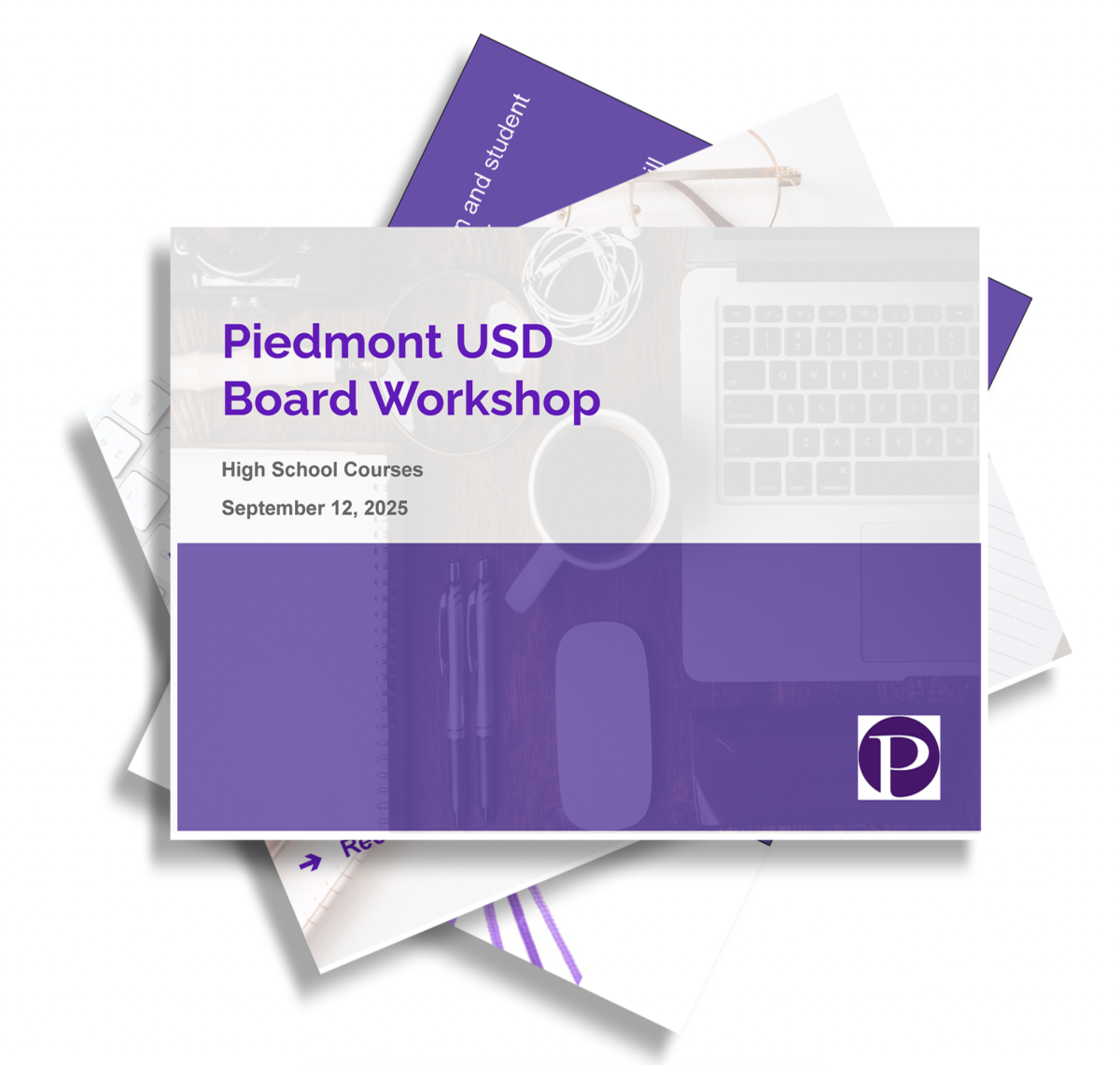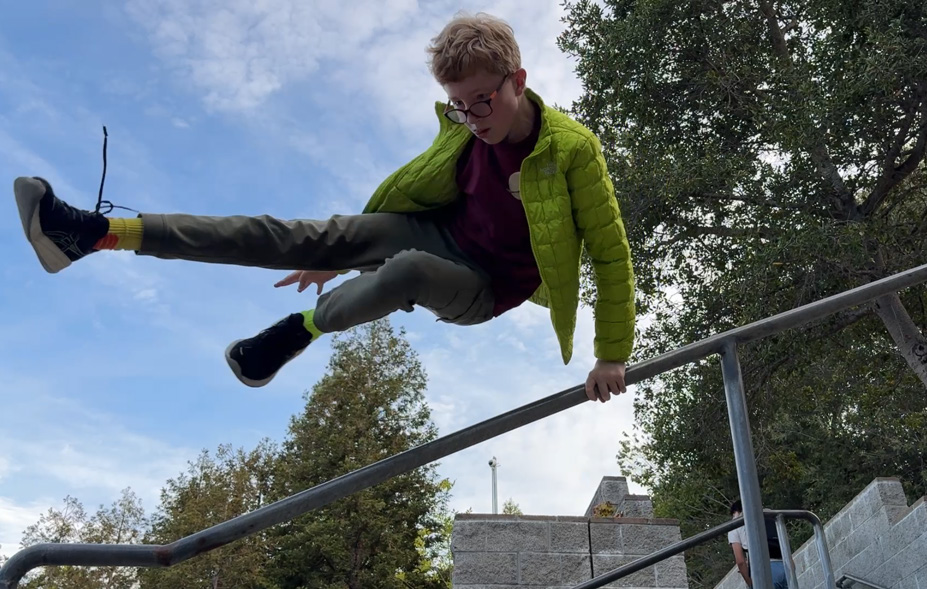Over 175 people participated in Piedmont’s first social justice training the week of Aug. 7. Attendants included administrators, city staff, teachers, other school staff, law enforcement, peer educators, and three students. Director of Curriculum and Instruction and Title Nine Coordinator Dr. Cheryl Wozniak and other administrators planned the training in response to events connected to anti-Semitism at the middle and high schools last spring, Wozniak said.
“This is a big picture community issue that isn’t just one incident,” said Director of Recreation Sara Lillevand, who attended the training.
The curriculum came from the Southern Poverty Law Center’s Teaching Tolerance program, said English and leadership teacher Mercedes Foster.
“The Southern Poverty Law Center is all about progress, finding the people who have the power in a community or scenario and giving them the tools to understand the misunderstood,” Foster said.
Educational consultant Sara Wicht guided the training, and may return in February, Wozniak said. The teaching tolerance program bases its teaching around four topics: identity, diversity, justice, and action.
“A lot of work that’s been done at schools around identity is in service of reducing prejudice, because the more we know one another, the less we’re stereotyping large groups of people,” Wozniak said. “What we don’t necessarily do is move into justice and action. This is a call to really stand up and recognize what it takes to recognize power and privilege.”
The language and social studies teachers attended two full days of training, discussing representation of different groups in the literature used in their classes. Co-president of Voice Cooperative senior Maya Guzdar, one of three students who attended the event, said that Wicht taught the difference between collective action, events such as the Women’s March, and prejudice reduction, which is a change in mindset for an individual.
“Everyone has prejudice, everyone has biases, and even those little things can add up to a lot,” Guzdar said.
Guzdar also said that social studies teachers debated getting new history textbooks that reflected both sides of a historical event.
Wozniak said that English teachers determined whether the text was a “mirror” (reflecting the identities and experiences of students in the classroom) or a “window” into identities of students not represented in the classroom. Wozniak said that a mix of both can be beneficial to students.
Foster said that it is important for teachers to enforce the concepts taught during the training.
“It’s really easy for a teacher to say ‘that isn’t happening in my classroom, so there’s nothing that I can do about it,’ but that’s a delusion,” Foster said. “We are the adults on campus, and if we don’t actively stand up for what we believe in, then we’re complicit.”
Principal Adam Littlefield, Wozniak, and other school administrators will be checking in with teachers and asking them what they learned, how the administrators can support them, and what additional training the teachers need. Wozniak said that she wants students to know that this will not be a one-off event.
“I think the most important thing is that everyone knows that we’re committed to really making a difference,” Wozniak said. The only way to make a long lasting difference is for it to become embedded in the work that you do and be ongoing and consistent. If it just happens one week in August, it’s really easy for it to just lose momentum.”
The next step is to incorporate students. Future plans include creating leadership groups for students who want to lead discussions and partnering with Voice Cooperative to bring in speakers.
The administrators are putting together a diversity assembly, which they will eventually need student input on, Wozniak said.
“There are a lot of ways to get students involved,” Wozniak said. “What we want to do is to learn from past mistakes, to hear from students and ask them what will make a difference.”
Guzdar said that future student programs will likely be more discussion based.
“The way this will be implemented is probably more discussion and speakers about issues, and less pushed upon us like ‘follow these steps every day, do this big program’,” Guzdar said.
Foster said that even with two days of training, she and other teachers still have a lot to learn.
“I don’t think that because I had a training, I now know everything that I need to know,” Foster said. “The sooner we can find ways to bring light to these issues of bigotry, oppression, discrimination, and exclusion, the sooner we are going to truly be a better community.”




























